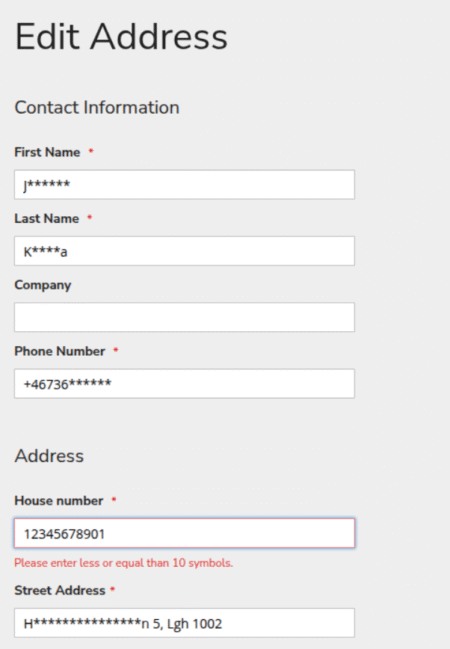Android will soon require app developers to go through an identity verification process before their apps can be installed on users’ devices—regardless of if the apps are downloaded through the Play Store or sideloaded.
“Think of it like an ID check at the airport, which confirms a traveler’s identity but is separate from the security screening of their bags; we will be confirming who the developer is, not reviewing the content of their app or where it came from,” Suzanne Frey, VP of Product, Trust & Growth for Android, wrote in a blog post.
Google will be starting an early access program for verification in October 2025, where participants can join a community discussion forum, get priority support for the new rules, and be able to provide feedback.
Then, starting in March 2026, all developers will be able to start verification. Verification requirements will go into effect in September 2026 in Brazil, Indonesia, Singapore, and Thailand, and then expand to other countries the following year.
To better support developers in light of the new requirements, Google will build a new Android Developer Console specifically for developers who distribute their apps outside of Google Play so they can easily complete their verification.
Google also says that developers who distribute their apps through Google Play likely already meet the new requirements.
“To be clear, developers will have the same freedom to distribute their apps directly to users through sideloading or to use any app store they prefer. We believe this is how an open system should work—by preserving choice while enhancing security for everyone. Android continues to show that with the right design and security principles, open and secure can go hand in hand,” Frey wrote.
The post Google locking down Android security with upcoming developer verification requirements for sideloaded apps appeared first on SD Times.
Source: Read MoreÂ

